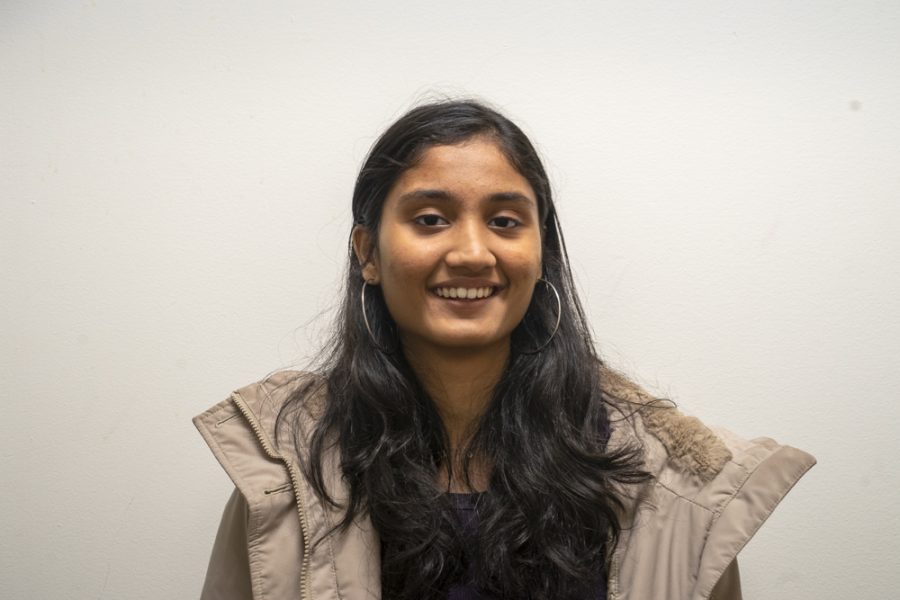In only a matter of weeks, the world’s largest democracy will choose its new prime minister and majority party in the government. Nine-hundred million Indians — almost triple the population of the United States — will decide the party to occupy the majority of seats in the Lok Sabha, the lower house of Parliament. This party will choose the prime minister of the country. These elections will begin on April 11 and take place over several weeks, and could impact the very definition of democracy in years to come.
Current Prime Minister Narendra Modi is the leader of the Bharatiya Janata Party, which won a sweeping majority in 2014. The BJP uses pro-Hindu rhetoric in order to draw its support, taking advantage of ongoing Hindu-Muslim conflicts to gain votes from the nearly 80% of India that identifies as Hindu. Its members employ religiously polarizing tactics such as spreading blatantly anti-Muslim messages and the razing of mosques. To Americans, the anti-Muslim propaganda may sound familiar. Hasan Minhaj’s political variety show “Patriot Act” was quick to note similarities between President Trump and Modi, showing clips from their speeches emphasizing the “America First” and “India First” ideologies, respectively. Modi’s controversial tactics are not unique — politicians across the world have tried to attract votes with the promise of segmentation under the guise of nationalism.
These tactics are troubling because of their consequences. In retaliation to a terrorist attack in Indian-administered Kashmir that killed 40 this past February, India conducted air strikes on a terrorist camp in Pakistan. While Pakistani Prime Minister Imran Khan denied that the strikes killed anyone and called for peace, the border breach escalated tensions between the two nations. Modi’s strong response may not be a coincidence — fear-mongering and military conquests can be strong draws for votes.
If the BJP succeeds in gaining political leadership in India, it will set a dangerous precedent for democracies around the world. Unfortunately, the only party that can offer competition to the BJP is the Indian National Congress, known for its rampant corruption and weak leadership. The state of affairs in India is worrying, and as an Indian citizen who is unable to vote due to the lack of an absentee voting system, I find it concerning that the youth of India are subjected to an unstable future due to a lack of bankable political candidates.
What is even more worrying is the undermining of the democratic process as a whole. With leaders like Modi who advocate a religiously intolerant ideology and benefit from riots and divisiveness, religious hate crimes are up. Of those reported in the country, 76% have taken place against Muslims, with 90% of these occurring following Modi’s victory in 2014. The upcoming elections symbolize something much bigger than India’s future — they act as an alarm bell for the current political landscape, even for countries like the U.S. In an increasingly separatist and anti-inclusive world, it is vital that we, as citizens, take the responsibility to choose leaders who promote equality in race and religion, and take positive steps toward fixing bad blood in international relations. Conflict and sensationalism are cheap draws for votes.
“Op-Ed Your Eyes” is a commentary on current affairs, and Diya’s goal is to make her readers more aware about what’s happening in the world.
Diya Jain is a first-year in CAS studying economics.
Opinions expressed on the editorial pages are not necessarily those of WSN, and our publication of opinions is not an endorsement of them.
A version of this article appeared in the Monday, April 1, 2019, print edition. Email Diya Jain at [email protected].























































































































































